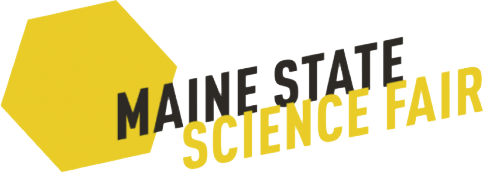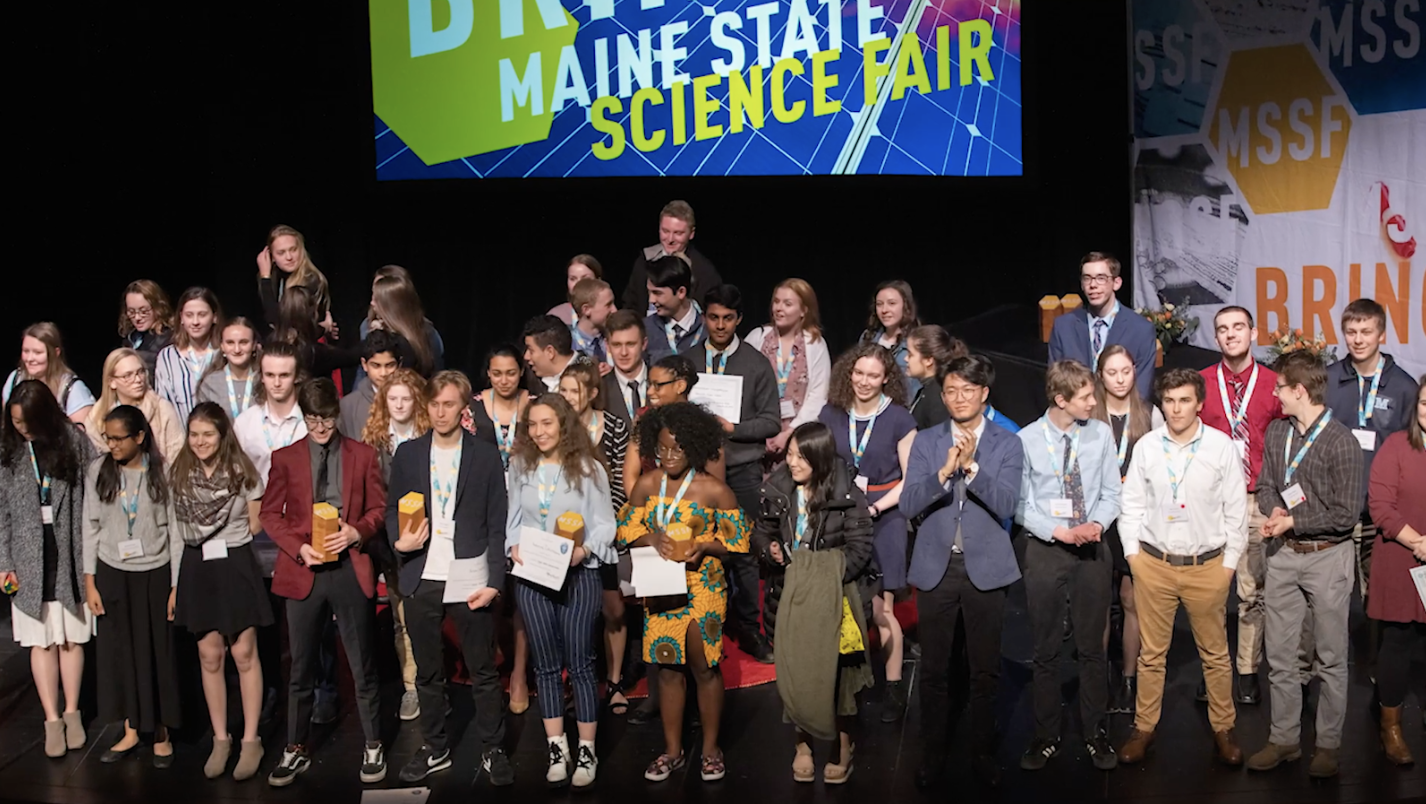The Interview
What to Expect
Each project is reviewed by 3 or more judges. Judges are encouraged to interview students one-on-one, though they may occasionally work in teams. All judges use a common rubric to score projects fairly. 25% of your score is based on your interview, so this is a critical piece to practice.
The Interview is an Important Part of the Rubric!
Format for Judging
- Every project gets a number assigned when you check-in in the morning
- There are two rounds of judging
- Round 1: odd-numbered projects get judged first
- Round 2: even-numbered projects get judged second
- Judges will approach students at their projects and introduce themselves. They may say, “Tell me a bit about your project.” This is where your elevator pitch comes in handy.
- Judges will likely ask follow-up questions. Be sure to use your poster, lab notebook, or other props when describing what you did or what you discovered.
- When their time is up, judges will thank you and leave your project. They’ll take a couple of moments to assess your work with their rubrics and then move on to the next project.
[su_divider top=”no” style=”dotted” divider_color=”#ebc729″ margin=”15″]
The Elevator Pitch
The “Elevator Pitch” is one of the most important skills to practice and is a great way to make a good first impression. The elevator pitch is essentially a 3-minute speech about your project. If you were in an elevator and someone asked you about your project, you would be able to explain to them what you did and what you found in a simple, concise way. You should practice highlighting the top 3 most important pieces of your project, making sure to include what your research question is, what you did and what you found. Sometimes less words are best. Practice, practice, practice! This will help you feel more comfortable and confident when talking to judges.
[su_divider top=”no” style=”dotted” divider_color=”#ebc729″ margin=”15″]
Making a Good First Impression
Here are a few tips on how to make a good first impression. Remember that you will have less than 10 minutes with the judges, so it is important to make a lasting impression.
- Write a clear and concise abstract. Abstracts will be shared ahead of time with judges and this is the first chance you have to share your project.
- Practice talking about your project (Elevator Pitch – practice, practice, practice!)
- Make good eye contact
- Good handshake at the beginning of the interview (practice with your friends, teacher or mentor!)
- Take meaningful pauses during your response (breathe!)
- Find out about your judge’s expertise
- Smile ?
- Dress to impress (no jeans, please)
- At the end of your interview, be sure to thank the judge and shake hands again
[su_divider top=”no” style=”dotted” divider_color=”#ebc729″ margin=”15″]
How to Dress
Dress at the MSSF is business casual. Remember that you want to make a good first impression to judges, so dress respectfully. Most students wear nice pants, dresses or skirts. If you’ve ever been on a sports team you are probably familiar with “dressing up” on game days. It’s the same idea with MSSF. Here’s a picture of the MSSF category winners to give you a better idea of what to wear. Please wear comfortable shoes! You will be standing for most of the day, so please plan accordingly.
[su_divider top=”no” style=”dotted” divider_color=”#ebc729″ margin=”15″]
The Interview
Now that you have a background on how to practice for your interview and what makes a good first impression, you may be wondering what an interview actually looks like. Here is a mock interview with Meagan Currie, a former MSSF student from Greely High School, and Jo Gates, a MSSF judge.
[su_vimeo url=”https://vimeo.com/140856949″ width=”860″ height=”460″]
A few things to point out:
- Notice at the very beginning the student makes good eye contact, shakes hands with the judge and introduces herself.
- YOU can ask questions to judges to get a better sense of their background.
- Remember what your research question is and be sure to include that in your Elevator Pitch.
- Meagan does a nice job using her poster and lab notebook to help highlight important pieces of her project.
- Notice at the end of her interview she thanked the judge for taking the time to meet with her. She made good eye contact and shook hands again.
Judges are NOT there to intimidate you! Many judges have PhD’s and are professionals in STEM fields, but that should not make you nervous. They’re doing this because they are inspired by the work of young scientists, mathematicians, and engineers. Be confident in your project and be excited to share your work.
[su_divider top=”no” style=”dotted” divider_color=”#ebc729″ margin=”15″]
Get to work on your poster and practice, practice, practice talking about your project.


